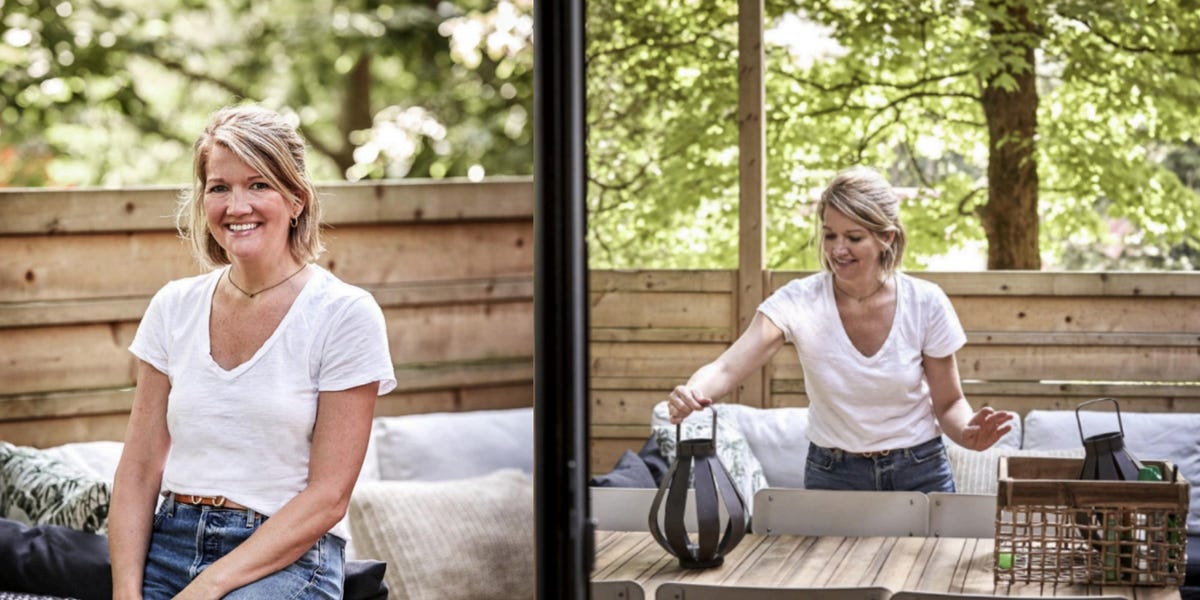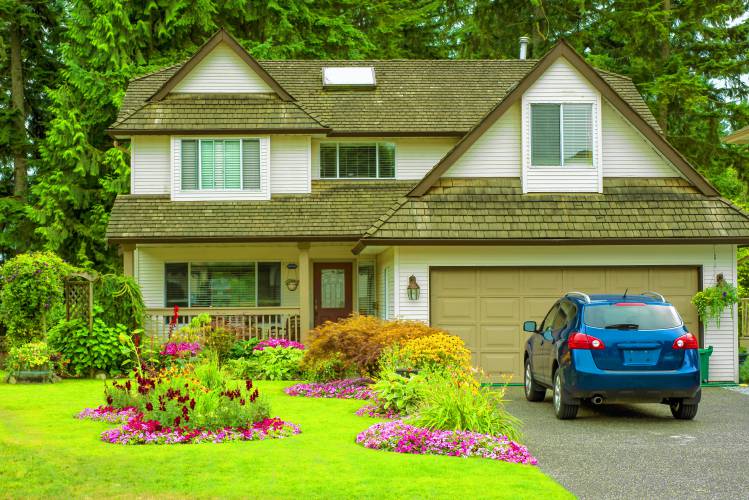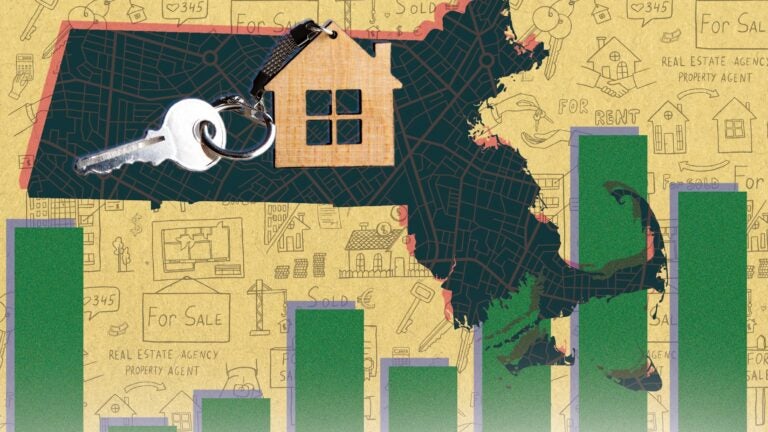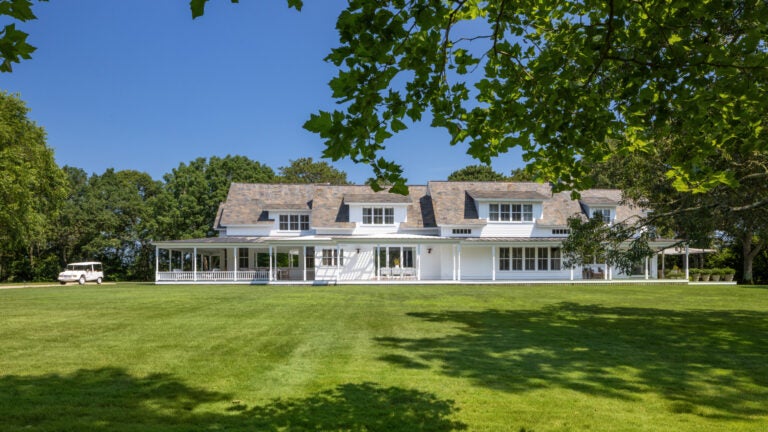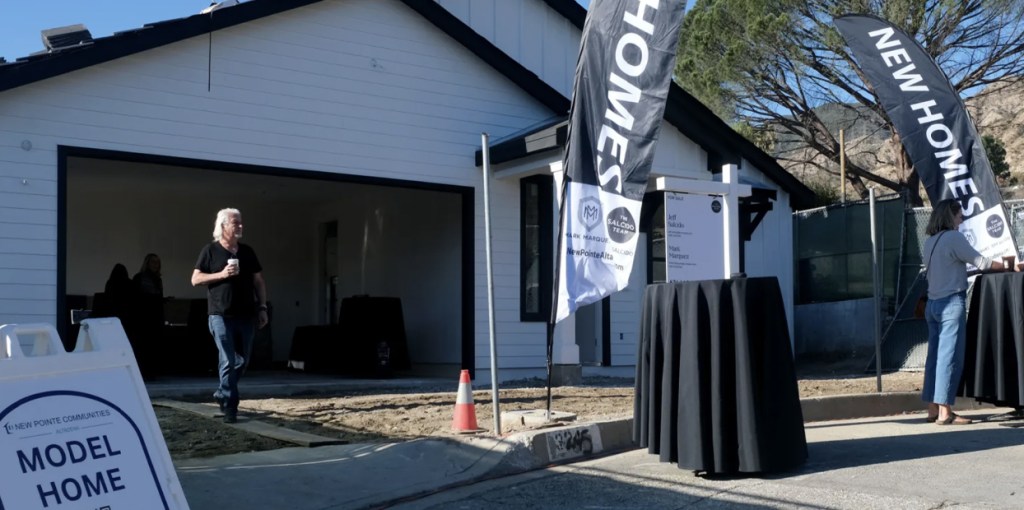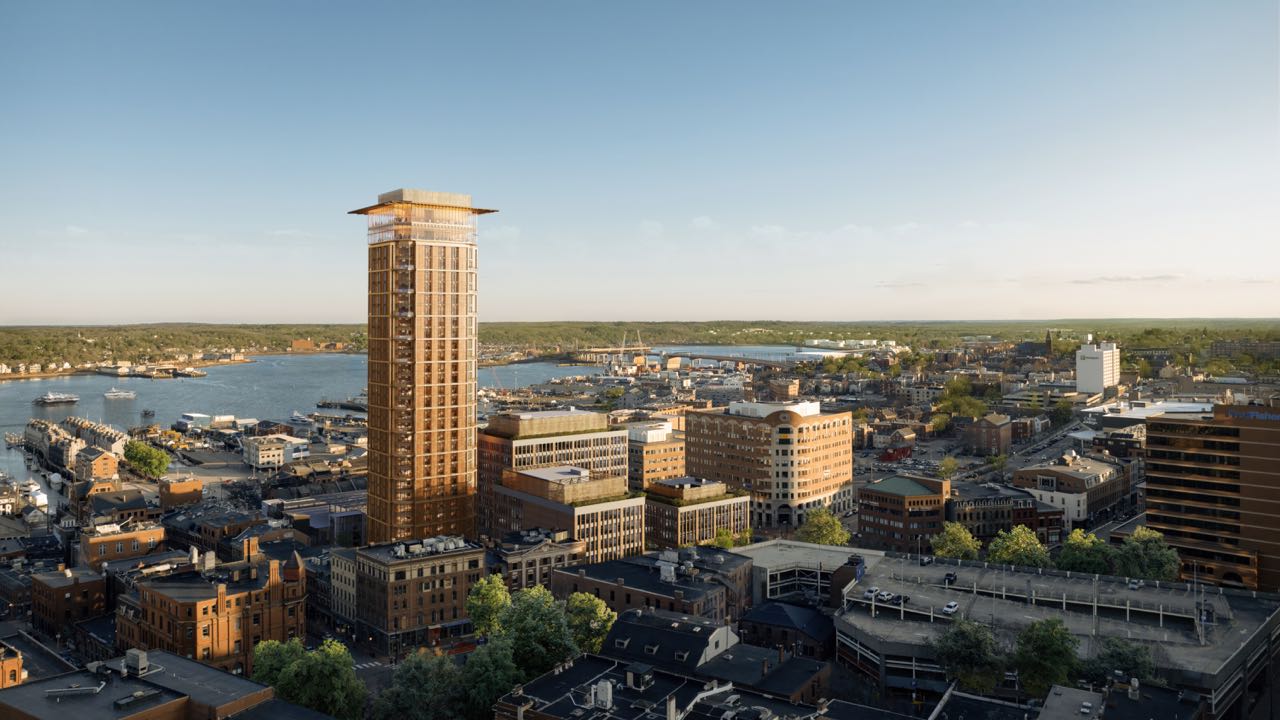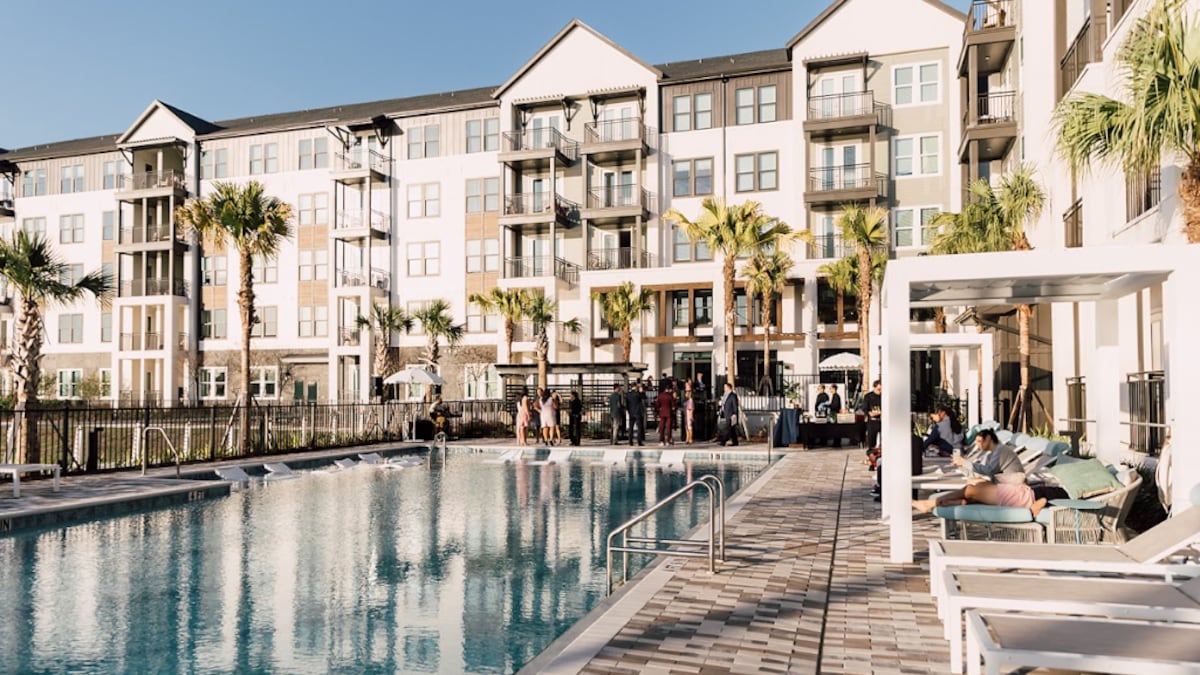K
erri Gibson left her high-stress tech job in 2017 and began investing in real estate alongside her partner Philippe. They now own six short-term-rental properties, but Gibson emphasizes that running a hospitality business requires hard work, not a "passive" side hustle.
As a certified public accountant, Gibson spent two decades working in tax and accounting technology before burning out. During her time off, she and Philippe renovated their home and discovered a passion for architecture and design. A friend suggested they keep the house as a short-term rental on Airbnb, which sparked their interest in buying and renovating properties.
Gibson transitioned to full-time real estate first, with Philippe joining her years later. Their first property was purchased in December 2017 for $129,000 Canadian dollars, with Gibson and Philippe using savings for a 20% down payment and securing the rest with a mortgage. They also paid for renovations out of pocket, which took 11 months to complete.
In June 2018, they bought a second house while renovating the first, using savings for a 20% down payment and mortgaging the rest. Philippe convinced Gibson that the investment was low risk due to its potential resale value. They did the renovations themselves and paid for furniture out of pocket.
Philippe left his job in Vancouver in May 2018 and joined Gibson full-time at the business in 2020. By March 2019, they had three rental properties generating income, but were investing all their money back into renovations. That month, they bought a third property for $129,500 with a 20% down payment and mortgage.
Gibson worked with a contractor on this renovation due to its extensive scope of work. They moved back to Quebec in August 2019 and bought another condo in Montreal, funding the down payment through an equity release from their personal home turned short-term rental. In October 2019, they purchased another house for $220,000 with a 20% down payment.
In July 2020, they purchased a neighboring property using borrowed money from family due to bank restrictions on short-term-rental properties. They paid back the loan after selling their Montreal condo and still have mortgages on five out of six short-term rentals.
Gibson has been trying to rely less on third-party booking platforms like Airbnb, focusing instead on direct bookings through their website and social media presence. In 2023, she estimates that 70% of their $340,000 in revenue came from direct bookings.
Running a hospitality business is a full-time job, not a passive income stream, Gibson emphasizes. Providing the necessary level of hospitality requires significant work, including marketing, bookkeeping, and maintenance. They have an operations manager handling day-to-day tasks and part-time cleaners during peak seasons.
Gibson worries about the quality of service in the short-term-rental industry, citing horror stories of unclean or broken properties. She believes that a well-run side hustle should paint the industry in a positive light, highlighting the importance of team structure and support.
